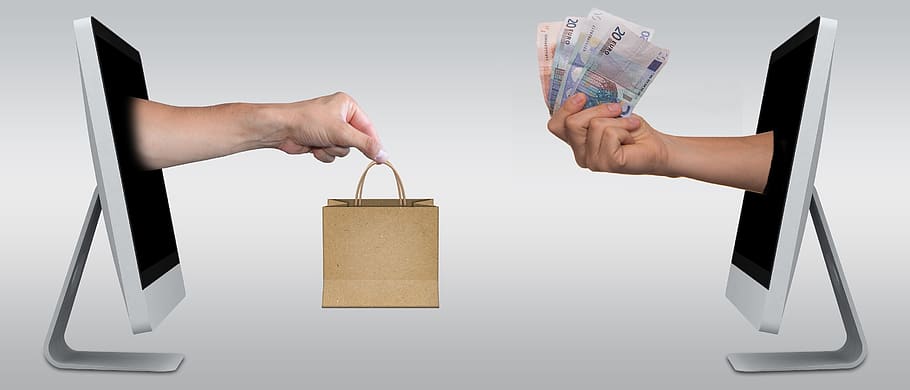
FAQ About Recommerce
Recommerce
2 years ago | gizem
What are the potential economic benefits of recommerce?
Recommerce offers several potential economic benefits, both for businesses and consumers. Here are some of the key economic advantages associated with recommerce:
- Increased Revenue Streams: Implementing recommerce allows businesses to generate additional revenue streams by capturing value from used products. Instead of solely relying on the initial sale of new products, recommerce enables businesses to monetize the resale of pre-owned items. This can contribute to overall revenue growth and profitability.
- Cost Savings for Consumers: Recommerce provides cost savings for consumers by offering used products at lower prices compared to buying new. This affordability makes it possible for individuals to access higher-end or premium items that may have been otherwise unaffordable. Consumers can save money while still obtaining products with significant value and functionality.
- Job Creation and Employment Opportunities: Recommerce can contribute to job creation and employment opportunities across various sectors. The recommerce industry requires personnel for functions such as product collection, quality assessment, refurbishment, marketing, logistics, customer service, and more. As the recommerce market grows, it can create employment opportunities and support local economies.
- Extended Product Lifecycles: By extending the lifecycles of products through recommerce, businesses can extract additional value from their inventory. This reduces the need for continuous production of new goods and helps optimize the utilization of resources. Extending the lifecycles of products contributes to resource conservation, reduces waste, and minimizes the environmental impact associated with manufacturing and disposal.
- Enhanced Customer Loyalty and Engagement: Offering recommerce options can foster customer loyalty and engagement. When customers have the opportunity to resell or trade in their used products, it strengthens their relationship with the brand or retailer. It creates a sense of trust and satisfaction as customers perceive the brand as being committed to sustainability, affordability, and providing value throughout the product lifecycle.
- Market Differentiation and Competitive Advantage: Implementing recommerce can differentiate businesses in the market and provide a competitive advantage. By offering recommerce services, businesses position themselves as sustainable, environmentally conscious, and customer-centric. This can attract environmentally conscious consumers and those seeking alternative purchasing options, setting businesses apart from competitors.
- Reduction in Costs and Environmental Impact: Recommerce can help businesses reduce costs associated with waste disposal, manufacturing, and raw material sourcing. By extending product lifecycles and maximizing the value of used items, businesses can minimize waste generation and decrease the environmental impact associated with production and disposal processes.
